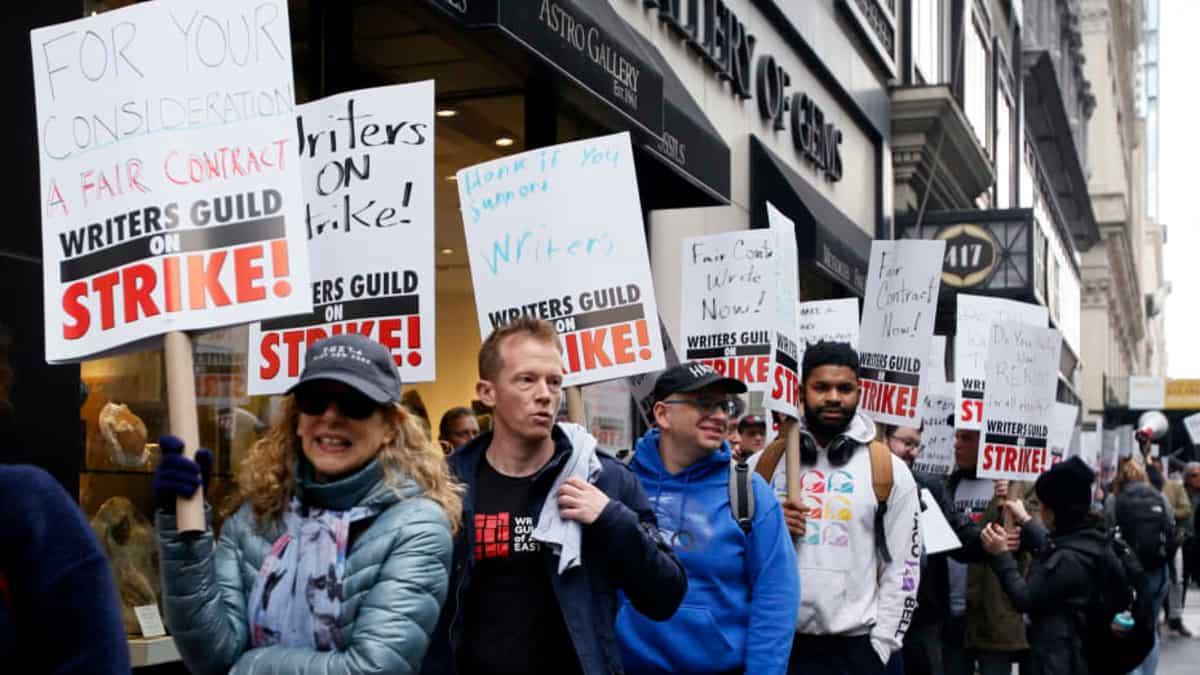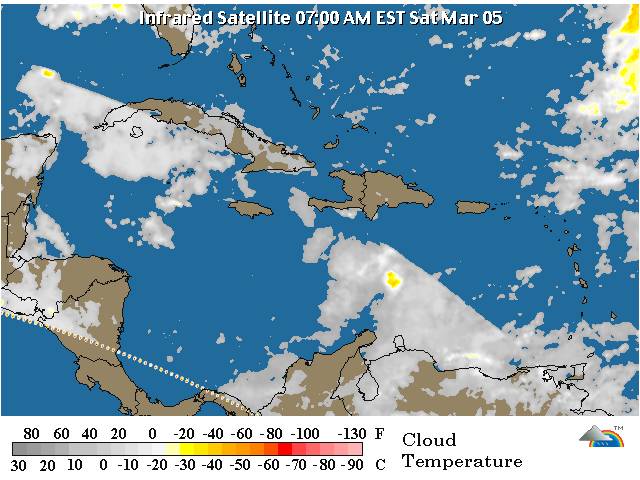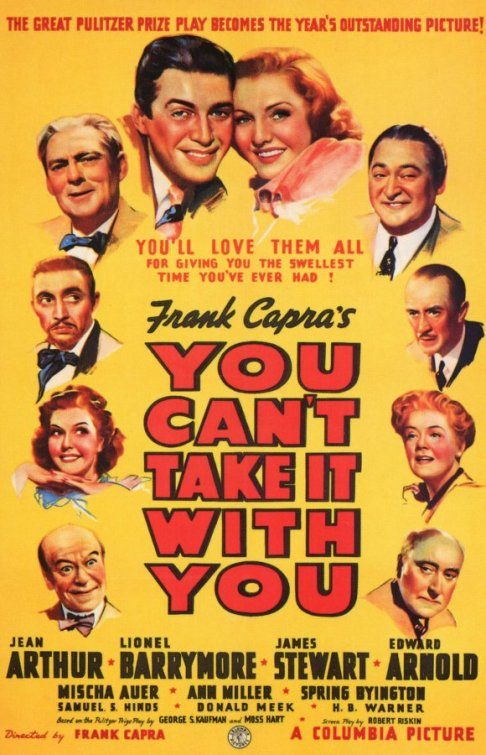Double Trouble In Hollywood: Writers And Actors Strike Impacts Production

Table of Contents
The Writers' Strike: Core Issues and Production Halts
The WGA strike, which began in May 2023, centers on several key demands aimed at addressing the changing landscape of the entertainment industry. The primary concerns revolve around fair compensation in the streaming era, improved minimum staffing levels, and the growing influence of showrunners.
-
Streaming Residuals: Traditional network television provided writers with residuals – ongoing payments based on a show's success in syndication or reruns. Streaming platforms, however, largely pay writers a single upfront fee, regardless of a show's popularity. This disparity has left many writers struggling to make a living, especially as streaming becomes the dominant mode of television consumption. The WGA is demanding a fairer system that reflects the value of their work on these platforms.
-
Minimum Staffing: The rise of streaming has also led to a decrease in writers' rooms and staff, placing an enormous burden on those employed. This affects both the quality of writing and the overall creative process. The WGA is fighting for increased minimum staffing levels to ensure a healthy and sustainable working environment.
-
Showrunner Power: The increasing concentration of power in the hands of showrunners is another concern. The WGA is advocating for a more equitable distribution of power within the creative process to better protect the rights and voices of all writers.
-
AI Concerns: The WGA also expresses significant concerns regarding the increasing use of AI in writing. The union is advocating for protections against the misuse of AI which threatens to undermine writers' jobs and creative control.
The WGA strike has brought hundreds of television and film productions to a standstill, showcasing the writers' critical role in the industry.
The Actors' Strike: SAG-AFTRA's Fight for Fair Wages and AI Protections
Joining the WGA on the picket lines is SAG-AFTRA, representing actors and other performers. SAG-AFTRA’s strike, also launched in July 2023, shares some common ground with the WGA's concerns, but also highlights unique challenges faced by actors.
-
Fair Wages for Streaming: Similar to writers, actors are experiencing diminished compensation in the streaming era. Many actors, especially background performers, receive minimal pay for their work on streaming projects, despite the often enormous success of these productions.
-
AI in Acting: The use of AI to generate actors' likenesses and performances presents a significant threat to actors' livelihoods and creative control. SAG-AFTRA is pushing for strong protections against the unauthorized use of actors' images and voices in AI-generated content, and for fair compensation when their likeness or performance is used.
-
Self-Tape Exploitation: The prevalence of unpaid self-tape auditions, which have become the industry standard, is another key concern. Actors are investing their time and resources in creating these tapes, without receiving any compensation, adding significant financial strain.
-
Background Actors: Background actors, often the most vulnerable in the industry, face particularly precarious working conditions and low pay. SAG-AFTRA is advocating for improved wages and working conditions for all performers, regardless of their role.
The actors' strike further compounds the crisis in Hollywood, adding to the already significant production delays.
The Ripple Effect: Economic and Creative Consequences of the Hollywood Strike
The combined strikes of the WGA and SAG-AFTRA have triggered a ripple effect throughout the entertainment industry, with significant economic and creative consequences.
-
Economic Impact: The industry's shutdown has led to widespread job losses beyond the writers and actors themselves. Thousands of jobs in related sectors—catering, transportation, post-production, etc.—are directly impacted. Estimates of financial losses for studios and production companies run into the billions of dollars.
-
Creative Impact: The delays in production have caused significant setbacks for numerous projects. Film and television releases are being postponed, and the creative pipeline is facing a potential backlog. Independent filmmakers, already working with limited resources, are particularly vulnerable to the prolonged strike.
-
Long-Term Implications: The long-term creative implications of the strike remain to be seen. However, it is possible that a prolonged period of inactivity could lead to innovative adaptations and explorations of other production methods.
The strike's economic and creative repercussions are extensive, affecting a vast number of people and projects across Hollywood.
Potential Resolutions and Future of Hollywood Production
The outcome of the negotiations between the unions and the studios will determine the future landscape of Hollywood production. Several potential scenarios exist:
-
Compromise: A negotiated settlement that addresses some of the key demands of both the WGA and SAG-AFTRA is the most likely outcome. This could involve adjustments to residual payments, increased minimum staffing levels, stricter regulations on the use of AI, and improved compensation for actors.
-
Prolonged Strike: A prolonged strike could lead to more significant financial losses and further strain relationships between the unions and the studios.
-
Shifting Power Dynamics: Regardless of the specific outcome, the strikes have highlighted the power of unions and collective bargaining in the entertainment industry. This could lead to long-term changes in the way the industry operates and distributes wealth.
The resolutions, or lack thereof, will undoubtedly reshape Hollywood for years to come.
Conclusion
The dual Hollywood strike, involving the WGA and SAG-AFTRA, presents an unprecedented challenge to the entertainment industry. The core demands for fair wages, improved working conditions, and protections against the misuse of AI are critical for ensuring a sustainable and equitable future for writers and actors. The economic and creative consequences of this strike are far-reaching, impacting not only the individuals directly involved but also countless others throughout the industry. Stay informed about the developments in the Hollywood writers' and actors' strike, and support fair wages and working conditions for all those involved in film and television production. Learn more about the ongoing impact of the Hollywood strike and contribute to a fairer entertainment industry.

Featured Posts
-
 Horoscopo Del 4 Al 10 De Marzo De 2025 Predicciones Para Cada Signo
May 23, 2025
Horoscopo Del 4 Al 10 De Marzo De 2025 Predicciones Para Cada Signo
May 23, 2025 -
 6 000 For Cannes Access Investigating The Pure Auteur Fuel Black Market
May 23, 2025
6 000 For Cannes Access Investigating The Pure Auteur Fuel Black Market
May 23, 2025 -
 Vaguada Y Sistema Frontal Prevision De Lluvias Para Este Sabado
May 23, 2025
Vaguada Y Sistema Frontal Prevision De Lluvias Para Este Sabado
May 23, 2025 -
 Man Uniteds Ten Hag Era A Costly Gamble According To Jaap Stam
May 23, 2025
Man Uniteds Ten Hag Era A Costly Gamble According To Jaap Stam
May 23, 2025 -
 Roger Daltreys Public Dispute With The Who Bandmate Details Emerge
May 23, 2025
Roger Daltreys Public Dispute With The Who Bandmate Details Emerge
May 23, 2025
Latest Posts
-
 Memorial Day 2025 Find The Best Sales And Deals Here
May 23, 2025
Memorial Day 2025 Find The Best Sales And Deals Here
May 23, 2025 -
 Forbes Top Picks Memorial Day Appliance Sales 2025
May 23, 2025
Forbes Top Picks Memorial Day Appliance Sales 2025
May 23, 2025 -
 The Last Rodeo Neal Mc Donoughs Unexpected Challenge
May 23, 2025
The Last Rodeo Neal Mc Donoughs Unexpected Challenge
May 23, 2025 -
 Actor Neal Mc Donough Tackles Pro Bull Riding In New Film
May 23, 2025
Actor Neal Mc Donough Tackles Pro Bull Riding In New Film
May 23, 2025 -
 Memorial Day 2025 The Ultimate Guide To The Best Sales And Deals
May 23, 2025
Memorial Day 2025 The Ultimate Guide To The Best Sales And Deals
May 23, 2025
